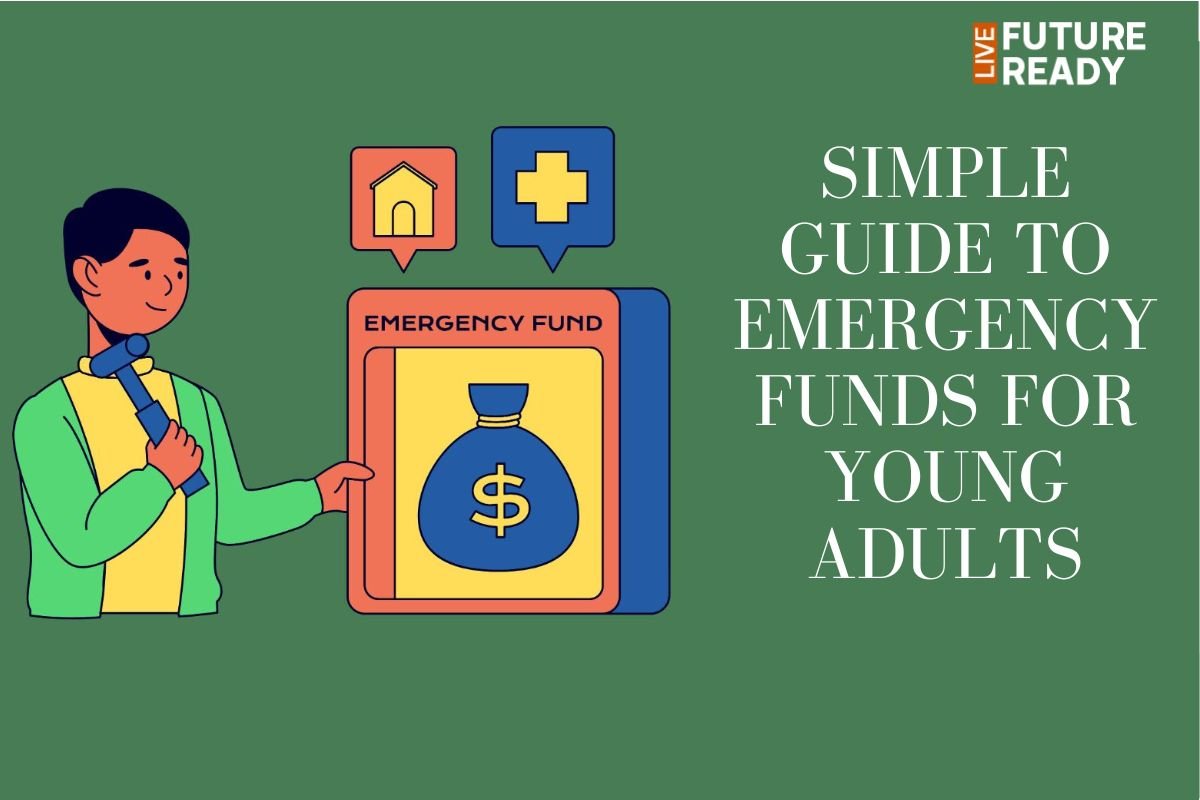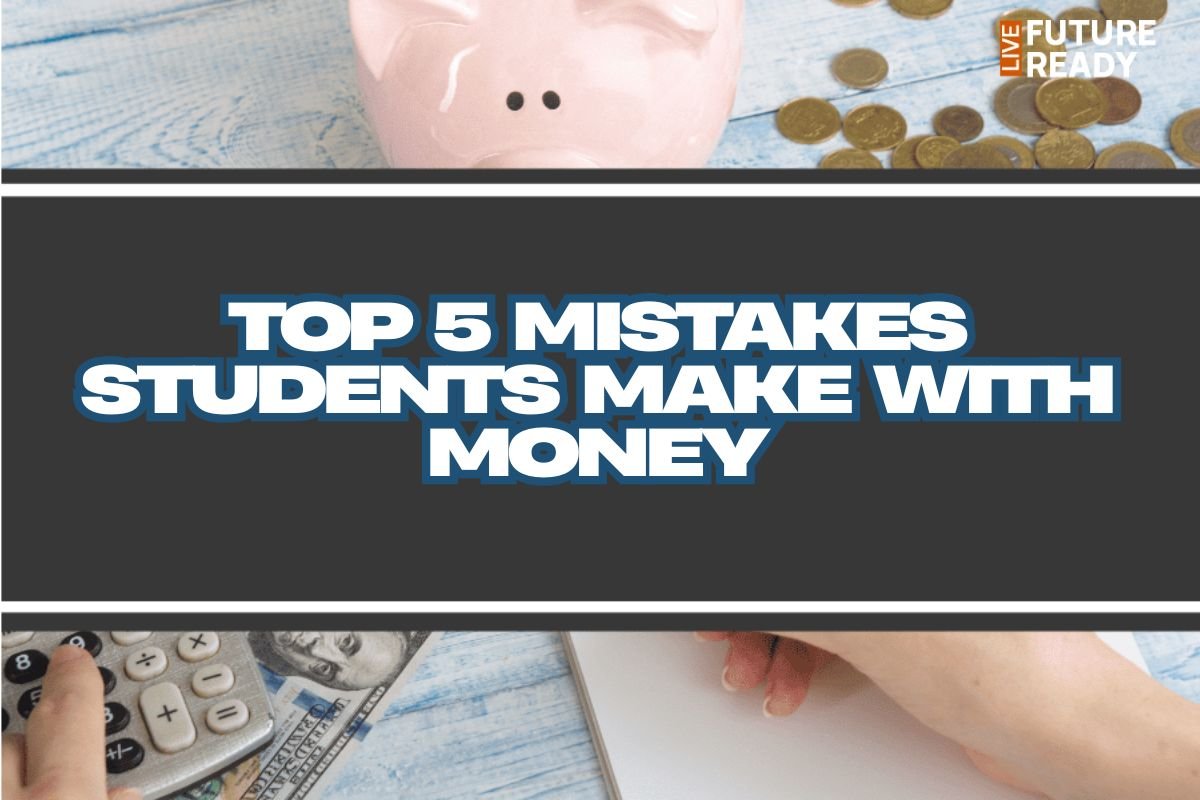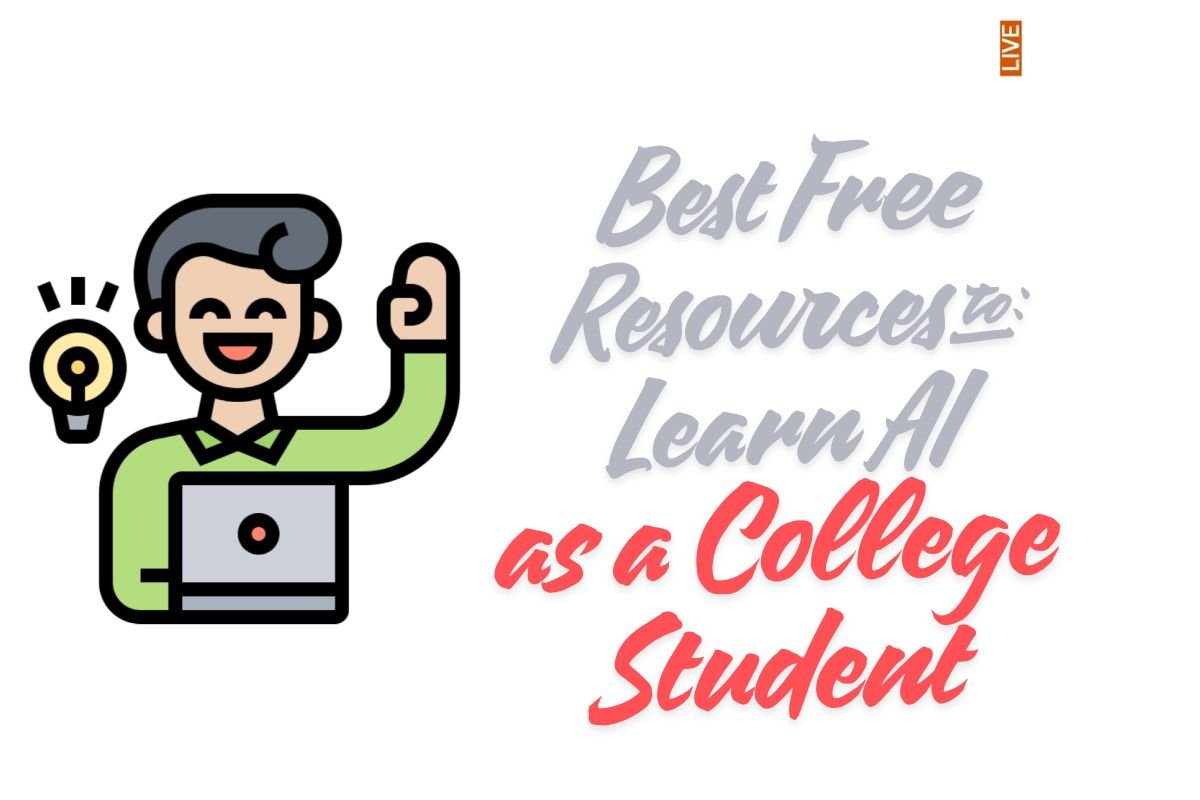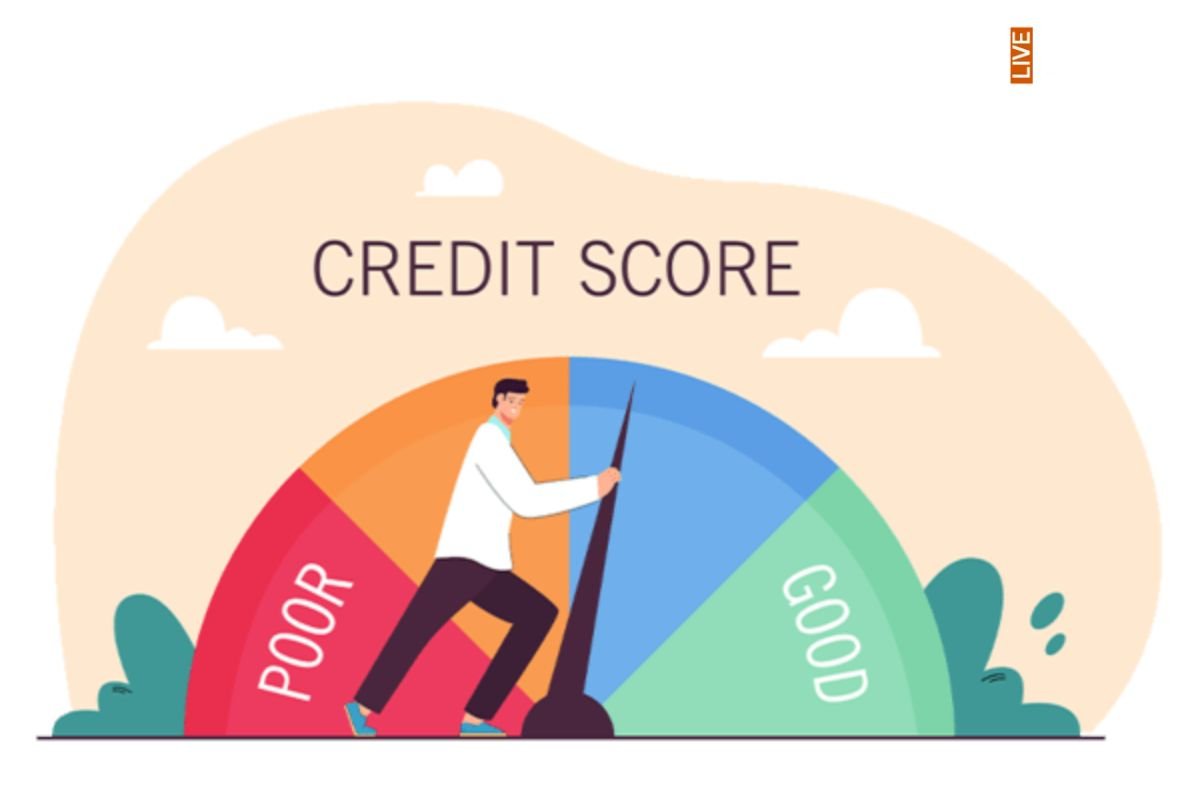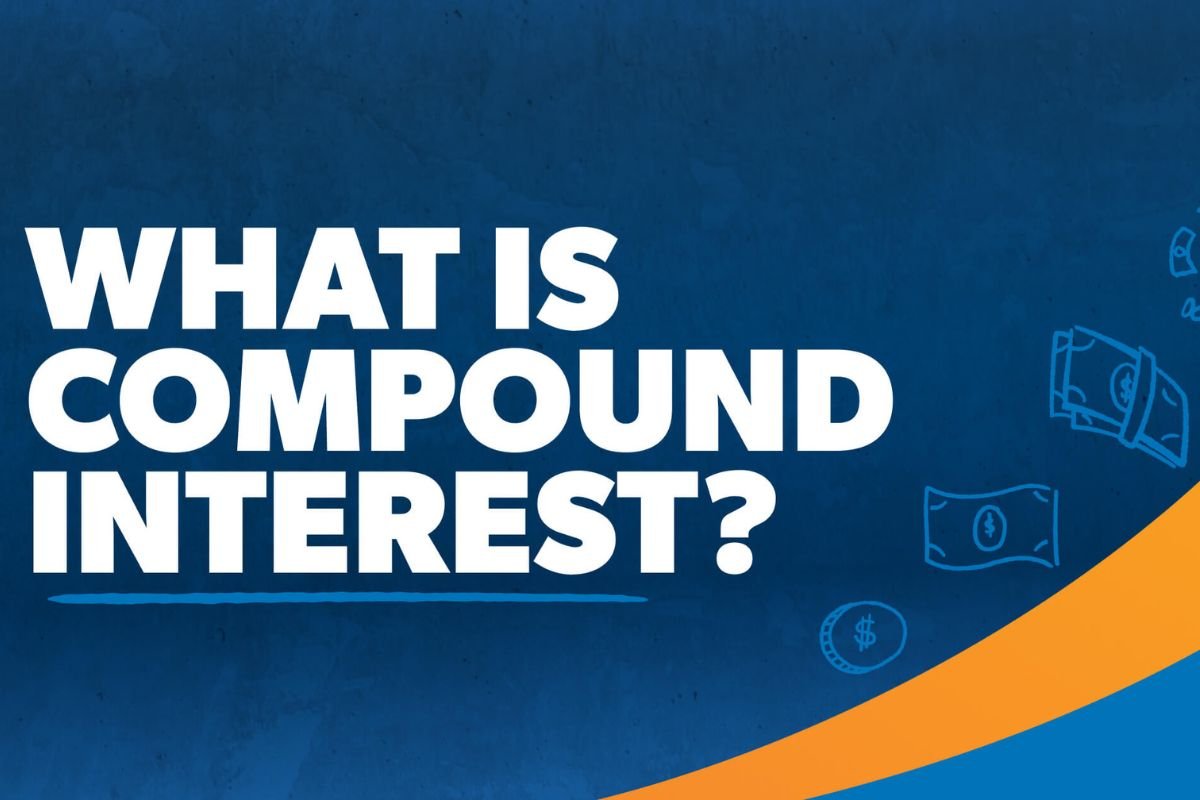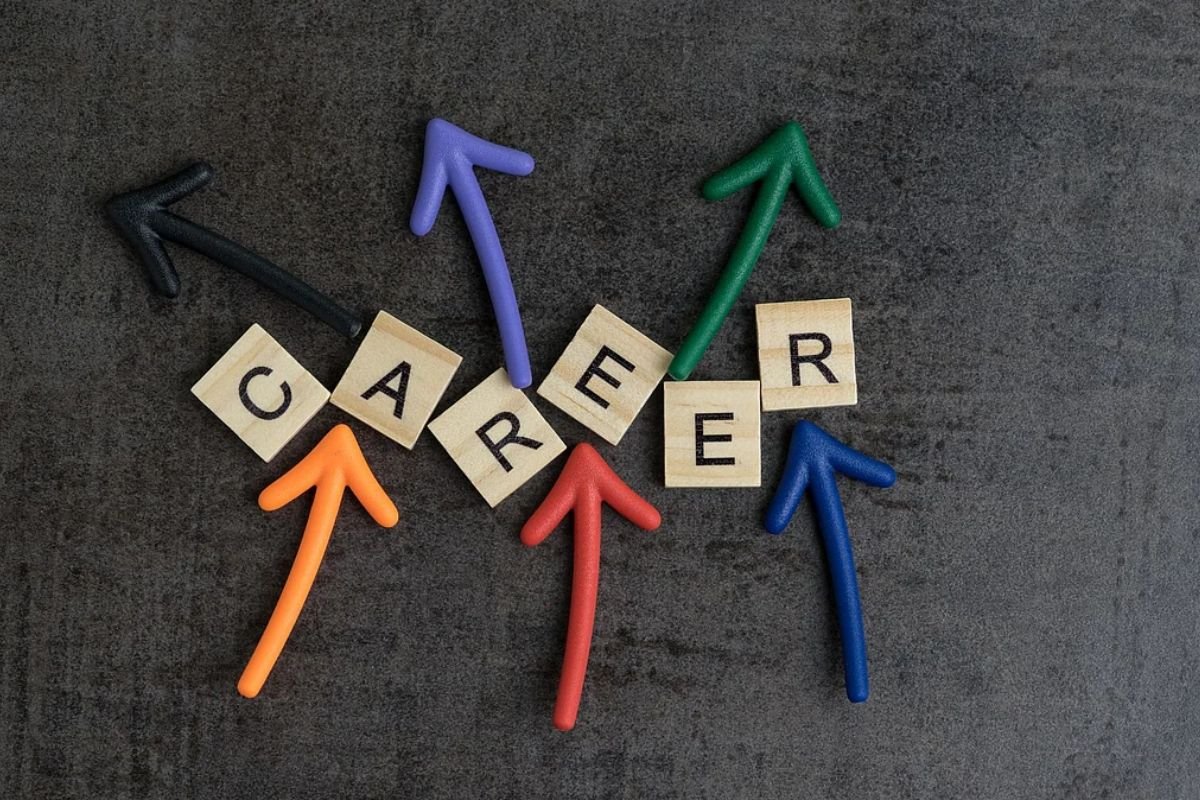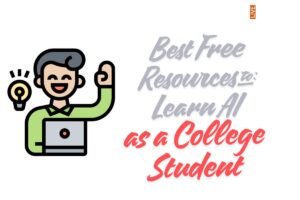Failing your first exam can feel like the end of the world. You might feel embarrassed, discouraged, or even start to doubt yourself. But here’s the truth: failing your first exam doesn’t define your future. In fact, it can be the first step toward real growth, self-awareness, and success.
In this blog, we’ll explore why it’s totally okay to fail your first exam—and how you can bounce back even stronger.
1. Failure Happens to Everyone
Even the smartest students and successful professionals have failed at something. Albert Einstein, Steve Jobs, A.P.J. Abdul Kalam — all faced failures before they achieved greatness.
- You’re not alone
- It’s not the end of your journey
- It’s the beginning of your learning path
The first exam is often about understanding the system, not just testing your knowledge. It’s normal to stumble as you adjust.
2. Failure Teaches You More Than Success
When you succeed, you celebrate. But when you fail, you reflect.
- You ask: Where did I go wrong?
- You start identifying weak spots
- You learn to improve study habits, time management, and mindset
Failure is feedback—not a final result.
3. It Builds Mental Strength
Life won’t always go your way. Learning how to deal with disappointment early on:
- Builds resilience
- Develops emotional intelligence
- Prepares you for bigger challenges
Your first exam failure might actually train you for the real tests in life—college pressure, job interviews, career rejections, and more.
4. It Helps You Understand Your Learning Style
Maybe you failed because:
- You crammed instead of practicing
- You memorized instead of understanding
- You didn’t manage time well
- You weren’t in the right mindset
This is the perfect chance to figure out how you learn best—videos, notes, group studies, flashcards, etc.
Once you crack your learning style, future exams get easier.
5. One Exam Doesn’t Decide Your Future
Let’s be clear: one bad grade doesn’t ruin your career.
- Academic paths are long and flexible
- Employers look for skills, growth mindset, and experience, not just marks
- You’ll have many chances to improve
A failed test is just one moment—not your life story.
6. You Learn to Handle Pressure Better
Many students fail their first exam simply due to:
- Anxiety
- Overthinking
- Time mismanagement under pressure
Now that you’ve experienced it once, you’re better prepared next time. You know the exam environment. You know what to expect. And that makes a huge difference.
Also read : – EMI for That New iPhone Worth It
7. It Can Motivate You to Push Harder
Failure often creates a fire inside. It forces you to decide:
“Am I going to give up—or fight back?”
If you use this failure as fuel, you’ll start:
- Studying more regularly
- Asking for help when needed
- Taking responsibility for your growth
This mindset shift is more valuable than any exam score.
Real-Life Examples of Famous Failures
- Thomas Edison was told he was too stupid to learn anything
- J.K. Rowling was rejected by 12 publishers before Harry Potter
- Michael Jordan was cut from his high school basketball team
They all failed before they succeeded. So can you.
8. It’s Okay to Feel Bad, But Don’t Stay There
- Yes, it hurts.
- Yes, it’s disappointing.
- But don’t carry it like a burden forever.
- Cry if you want to.
- Take a break.
- Then get up and move forward.
Talk to friends, teachers, or mentors. You’ll realize it’s more common than you think.
What You Should Do Next
-
Analyze What Went Wrong
-
Lack of preparation? Time crunch? Poor understanding?
-
-
Adjust Your Study Strategy
-
Use active recall, practice tests, mind maps, etc.
-
-
Ask for Help
-
From teachers, peers, or online platforms
-
-
Set Small Goals
-
Focus on improvement, not perfection
-
-
Stay Consistent
-
Daily 30 minutes of revision is better than 8 hours of last-minute cramming
-
Final Takeaway
Failing your first exam is not the end—it’s a beginning. It’s your chance to learn, adapt, and come back stronger. The most successful students aren’t the ones who never fail—they’re the ones who never quit.
So hold your head high. You’re still learning. You’re still growing. And you’re far from done.
Read more on our website: Future Ready, your go-to platform for the best educational content and latest updates






